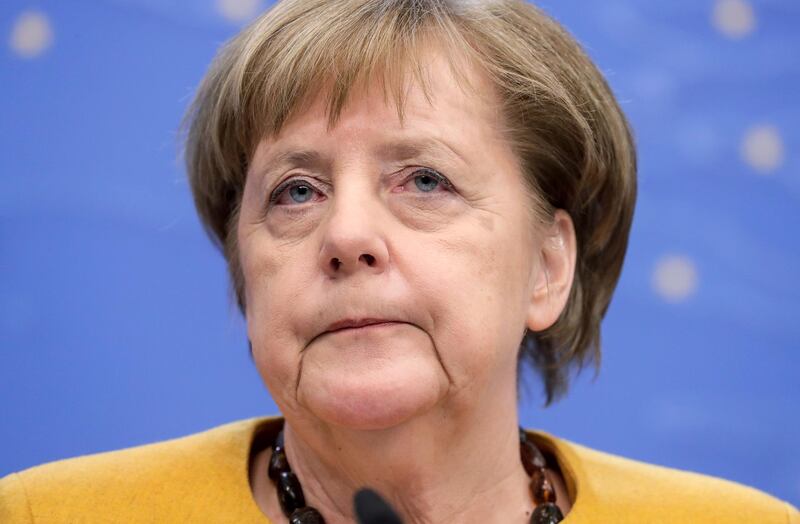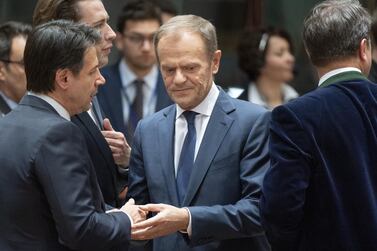Why has the date of Brexit been pushed back?
Prime Minister Theresa May asked the European Union to extend the process of leaving the EU after failing to gain parliamentary backing for the withdrawal deal with Brussels. She asked for the two-year Article 50 process to be lengthened from March 29 until June.
In the event the EU came up with a two-fold resolution. If the deal is passed in some manner the date of Brexit will be May 22. If it is not, then the UK has to come up with an alternative by April 12. If not the country will depart with no-deal in place on that date.
Why has this formula been offered?
Angela Merkel, the German Chancellor, summed up EU thinking after a summit in Brussels. She said a probably chaotic March 29 departure had been averted but that it was up to Britain to take responsibility for what happens from this point. The other 27 members are running out of patience with infighting in the British political elite but believe there is one last chance for a majority decision.
Who now controls Brexit?
Mrs May leads the government and its responsibility is to settle international treaties. Such treaties are necessarily struck in partnership, but in reality the Europeans have turned over the process to the British.
NEW: Theresa May has written to all MPs tonight ahead of crunch week at Westminster - offering talks with MPs who want them pic.twitter.com/64Hz5n1UB8
— Nick Eardley (@nickeardleybbc) March 22, 2019
Having expended so much capital trying and failing to pass the withdrawal agreement, Mrs May could see MPs seize control of the process as early as Monday. This would involve either an outright rebellion in which parliament asserts it will make its choices or an offer by her to frame indicative votes that would put proposals in front of parliament.
What if there is no agreement?
The power to revoke Article 50 remains a sovereign right for the UK until the moment the country leaves the EU. If that revocation was made Britain would carry on as a member in good standing of the EU. That is why the April 12 date is important. With European elections looming, it is the cut-off for Britain to confirm the date of the EU polls. Without this ultimate decision, Britain will fall out of the EU having refused all the alternatives.
What about the public – does it still want to leave?
It has been divisive period in British history and the effects of wrangling has taken its toll. One newspaper sought to soothe its readers on Friday with a column that looked at other times of turbulence. The headline was: "We've had worse humiliations than this".
There is a growing protest movement that calls for a second referendum to give voters a chance to accept or reject the term that Britain is leaving under. Hundreds of thousands marched on Saturday in central London to show popular support for that point. An online petition has garnered millions of signatures.
A poll conducted by YouGov on March 19 found that British voters would opt by a healthy margin of 56 per cent to 44 per cent to stay in the European Union if a new referendum was held on the issue. The result in the 2016 vote was 52:48 in favour of leaving the EU.







